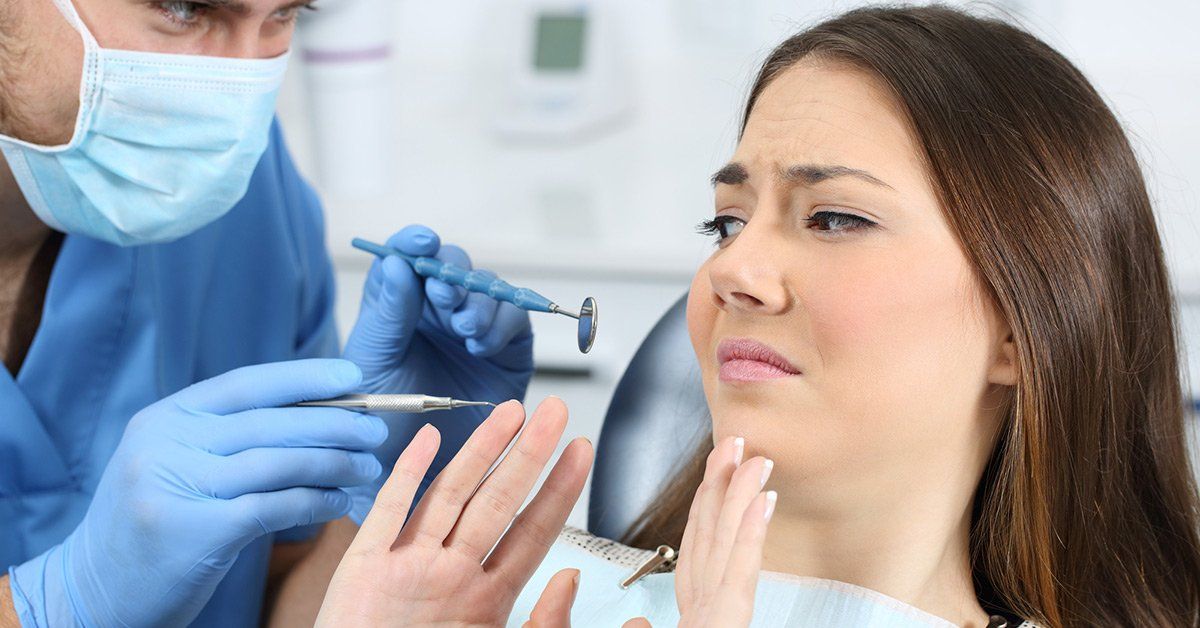If you have a sweet tooth adding Xylitol to your daily diet or using it as a sugar replacement could help improve your dental health. Xylitol is a naturally occurring sweetener that can be found in several forms to replace or reduce your sugar intake.
Some basic facts about Xylitol:
- Xylitol tastes exactly like sugar
- Is non cariogenic (does not cause cavities)
- It consists of one third the calories of table sugar
- Xylitol also has a low glycemic index (compared to sugar which has a higher glycemic index).
Now to understand how Xylitol improves oral health it is important to review what causes tooth decay and gum disease. Gum disease and cavities are preventable conditions that xylitol can aid in either preventing or arresting the current conditions .
In normal conditions the saliva in your mouth is alkaline (not acidic) and is ample enough to cleanse the teeth and surrounding tissues. When you eat food containing sugar it causes the oral environment to become more acidic. Normal bacteria found in the mouth metabolize dietary sugar and produce that awful white stuff known as Plaque. When plaque sits on your teeth the teeth start to lose minerals and the enamel becomes weakened which is the beginning of tooth decay.
Now when you replace sugar with xylitol or add xylitol to your diet it impacts the bacteria within your mouth. Xylitol interferes with the bacteria’s metabolism process and the bacteria are unable to produce plaque. The bacteria also die because it no longer has a source of energy as it has been shut down by xylitol. The mouth is then able to remain an alkaline environment which is less advantageous to the acid loving bacteria. With less plaque formation it decreases the incidence of weakened enamel!
Xylitol is not a new product it has been utilized since the nineteen sixties. A noble prize-winning German chemist, Professor Emil Fischer, and a French scientist, Dr. MG Bertrand discovered it in the eighteen nineties. The World Health Organization (WHO) and the Food and Agriculture Organization of the United Nations (FAOUN) approved Xylitol as a safe sweetener for foods in 1983. A few years later in 1986 the FDA confirmed that xylitol is a safe sweetener for foods.
Xylitol is so natural that it is actually produced in small amounts by the human body at approximately 15g a day during regular metabolism. For commercial purposes though it is extracted from renewable resources such as corn cobs.
Examples of Xylitol containing products:
- chewing gum
- mouth rinse
- candy
- Toothpaste
- Sweeteners,
- Nasal sprays
- Dental floss
- Oral mist
Often the greatest benefit comes from chewing xylitol gum as the length of time the teeth are exposed to xylitol is greater. The action of chewing on xylitol gum or sucking on xylitol candies stimulates saliva production. Adequate saliva is vital for the oral cavity to wash away bacteria and food debris.
How many exposures per day of xylitol are needed to improve oral health?
Research has indicated that four to five exposures to xylitol per day provide the maximum benefit for the oral cavity. Research has indicated that Adults should consume in their diet no more than 20 g of xylitol a day to achieve its maximum benefit.
Xylitol benefits
- Reduce plaque
- Increase saliva production
- Keeps Saliva alkaline
Xylitol could be a great option for patients who have a difficult time limiting or reducing their sugar intake. As a Hygienist I always encourage my patient’s to do their own research and to investigate different options that could improve their oral health. Be aware when purchasing a Xylitol containing gum or candy that other sugar sweeteners are not also in the product. Look for Xylitol as the only sweetener.
Always be sure to check in with your primary care physician before making any changes to your diet.
Be sure to check out my next blog, I plan to further detail the potential benefits of Xylitol for diabetic patients.
Have additional questions about adding Xylitol to your diet or how we can help you improve your smile and your confidence? Don’t hesitate to Contact Us or leave a reply below and we will be happy to try and answer them for you!



